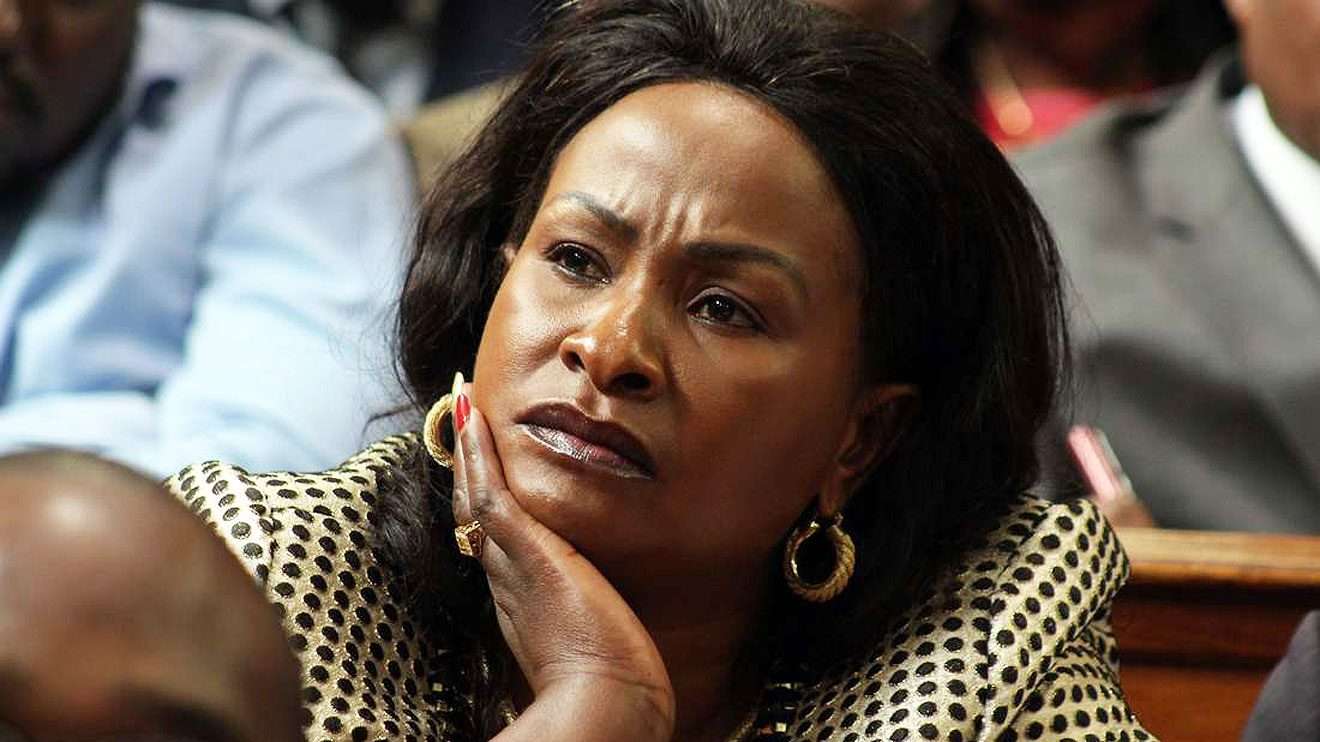By TWV Team
Nairobi Hospital, once a beacon of healthcare excellence in Kenya, is grappling with a major legal setback following a court ruling on the wrongful termination of its former Chief Executive Officer, Dr Allan Pamba. The case has exposed serious management and governance issues within the institution, threatening its reputation and operational integrity.
On June 19, 2025, Judge Nzioka Malaka of the Nairobi Employment and Labour Relations Court delivered a damning judgment against Nairobi Hospital, declaring the dismissal of Dr. Pamba as CEO unfair, unjustified, and unlawful. Dr. Pamba, employed by the hospital since March 2020, was abruptly terminated in October 2020 after completing a six-month probationary period.

The court found that the process leading to his dismissal violated the hospital’s Human Resource Management Manual regarding probationary terms. Dr. Pamba had completed his probation with satisfactory evaluations, yet the final evaluation, required before concluding his probation, was not conducted fairly.
Dr. Pamba’s legal team presented evidence that the hospital’s management, led by Dr. Irvin Ndirangu, acted maliciously during the evaluation process. Ndirangu, responsible for assessing Dr. Pamba’s performance, failed to conduct evaluations in accordance with hospital policy and rated him poorly in the final review, setting the stage for his unlawful termination.
Dr Pamba consistently maintained that the actions against him were unfair and malicious. He accused Dr Ndirangu of deliberately attempting to sabotage his career and tarnish his professional reputation. According to Dr. Pamba, Ndirangu’s failure to conduct timely evaluations was part of a broader scheme to orchestrate his dismissal.
In his sworn affidavit, Dr. Pamba revealed that he had exceeded expectations in his first two evaluations. However, in the final evaluation, Dr. Ndirangu rated him below expectations in all categories, despite no prior indication of underperformance. Dr. Pamba argued that this sudden, unexplained dip in ratings was an intentional move to justify his dismissal.
The court confirmed that Dr. Ndirangu’s actions and the subsequent termination were conducted in bad faith and violated the hospital’s established procedures.
The ruling in favour of Dr Pamba has far-reaching consequences for Nairobi Hospital. The hospital has been ordered to pay Dr Pamba Kshs. 218,850,000 in compensation for the unfair dismissal. The breakdown of this compensation includes:
- Kshs. 117 million for the balance of his contract
- Kshs. 11.7 million for accrued leave dues
- Kshs. 36 million as 12 months’ salary compensation
- Kshs. 150,000 for telephone allowances
- Kshs. 13.5 million for car allowance
- Kshs. 3 million for home security allowance
- Kshs. 15 million for medical cover
- Kshs. 10 million in damages for defamation
This substantial sum is a serious blow to the hospital’s finances, and the case has attracted significant public attention, raising concerns about management practices at one of Kenya’s most prestigious healthcare institutions.
The case is part of a broader series of challenges Nairobi Hospital has faced in recent years, many of which have raised questions about its governance and leadership. The wrongful dismissal of a high-profile CEO is not an isolated incident but a reflection of deeper management issues that could undermine the hospital’s standing in the medical community and among the public.
Healthcare institutions in Kenya are expected to maintain the highest standards of professionalism and integrity in both patient care and personnel management. Nairobi Hospital’s failure to uphold these standards raises significant concerns about its ability to lead in an increasingly competitive healthcare environment.
Furthermore, the defamation damages awarded to Dr Pamba reflect the serious reputational harm he suffered as a result of his dismissal. Such actions not only harm the individual but also tarnish the hospital’s reputation, long regarded as a symbol of excellence in Kenya’s healthcare sector.
As Nairobi Hospital faces the financial and reputational consequences of this ruling, it must confront the broader issues that led to this crisis. The institution needs to reassess its management practices, strengthen its governance structures, and ensure such incidents do not recur.
In the wake of the ruling, the public and medical community will closely monitor how the hospital responds. Will it take meaningful steps to address the systemic problems that led to this legal debacle, or will it continue to struggle with governance issues that could further damage its credibility?
The Nairobi Hospital saga serves as a cautionary tale for other healthcare institutions in Kenya. It underscores the importance of upholding fairness, transparency, and professionalism in all aspects of healthcare management. As Dr. Pamba’s case demonstrates, failing to do so can have severe legal, financial, and reputational consequences.
While the case of Dr. Allan Pamba and Nairobi Hospital is far from over, it has sparked a crucial conversation about accountability and transparency in Kenya’s healthcare sector. As the hospital seeks to recover from this setback, it must take immediate and decisive action to restore public trust and prevent similar incidents in the future. The road ahead will be challenging but not insurmountable, provided the institution confronts the issues head-on.





